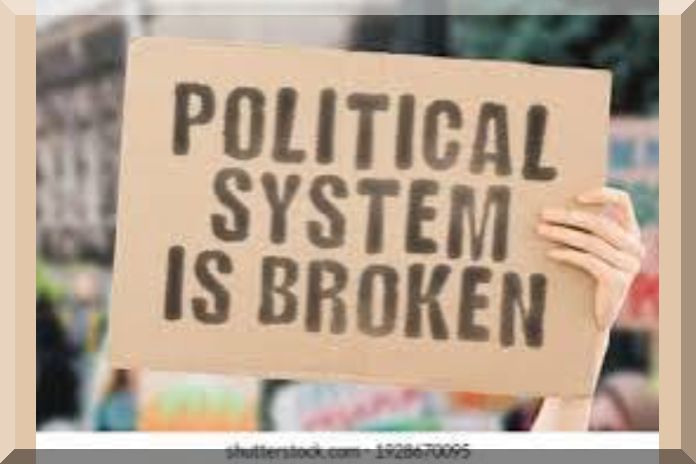Dear Sir
When universal adult suffrage was introduced to Saint Lucia in 1951 it paved the way for the creation of political parties that promised to work for the improvement of the quality of life for all Saint Lucians.
The Saint Lucia Labour Party (SLP) was then founded on the promise of increasing access to Bread, Justice and Freedom for the majority of daily paid plantation workers; people who needed representation in their interaction with the state or protection from powerful business interests in a “plantation society.”
But by the 1960s, as the world economy changed and SLP seemed incapable of delivering its promises to the “working class” without damaging economic productivity, they were challenged by the formation of the United Workers Party (UWP) that placed a greater emphasis on self-improvement, personal responsibility and enterprise as the path to improving the quality of life of Saint Lucians.
Both these reasons for political activism and participation have had successes and limitations.
The SLP’s approach has devolved into a vicious cycle of stagnation as the resources available to provide for the needy have dwindled, particularly when it was met by increasing national debt and the share of taxation to services loan interest. That is because many of the welfare or handouts programs have been used mainly as “vote buying” tactics, rather than strategies for growth and development.
On the other hand, the UWP’s adaptation of free-market economics in a small society with a legacy of plantation society has failed to bridge the inequality gap, thus leaving many behind with the “privatization” of even that; misery and the creation of a subculture that effectively rejects the “idea of development.”
These failures of both the SLP and UWP have fueled political apathy and cynicism. This has not helped in an age where social media exaggerates isolated “paradox” as the norm.
The skepticism and distrust of politics and politicians that have emerged is an existential threat to Saint Lucians.
The void of political leadership or the process of establishing public purpose, is being filled by nefarious characters who simply appeal to “tribal” instincts in an emerging nihilistic culture of “live fast and die young.”
Political parties in Saint Lucia will become irrelevant if they cannot reinvent politics and democracy in the 21st century. The process of re-imagining must start with a new understanding of how power is exercised in our society through “organization.”
The SLP was formed and became successful because it helped organize and supported trade unions that facilitated political and economic participation for many Saint Lucians.
The UWP of the 1970s and 1980s collaborated closely with the Chamber of Commerce Industry and Agriculture.
These relationships embedded the political parties in society and provided them with a source of public purpose.
However, in recent times politicians have sought to become a power in their own rights by offering ‘Can I Help You’, and ‘cultivating a cult of personality.’ The outcomes of the current approach to politics are continuous quarrels and character assassination.
Thus, it is clear that a new approach to politics is needed to close the inequality gap and to provide a framework for improving the quality of life for Saint Lucians.
Around the world, people who were attracted to progressive politics are turning to social enterprises, to expand democracy to the economic space, thus providing ordinary citizens with the opportunities to do extraordinary things to enhance their communities and the way they experience the built environment.
In the UK, the Conservative Party of David Cameron, a politician admired by Allen Chastanet, promoted the idea of the Big Society. Programs to re-energize democracy at the community level and give ordinary citizens a sense of belonging and participation.
In Saint Lucia, we cannot continue the trend of having (so-called) powerful politicians ruling or neglecting poor or weak communities. The excuse is not the lack of money. The problem as Sir Arthur Lewis observed is weak organizations.
SLPs can march as much as they want to celebrate the many handouts that Shazi Chalon and Peter Alexander can list. If UWP can re-invent itself as the party of wealth-creating communities, the so-called “walk of progress” will be short-lived.

